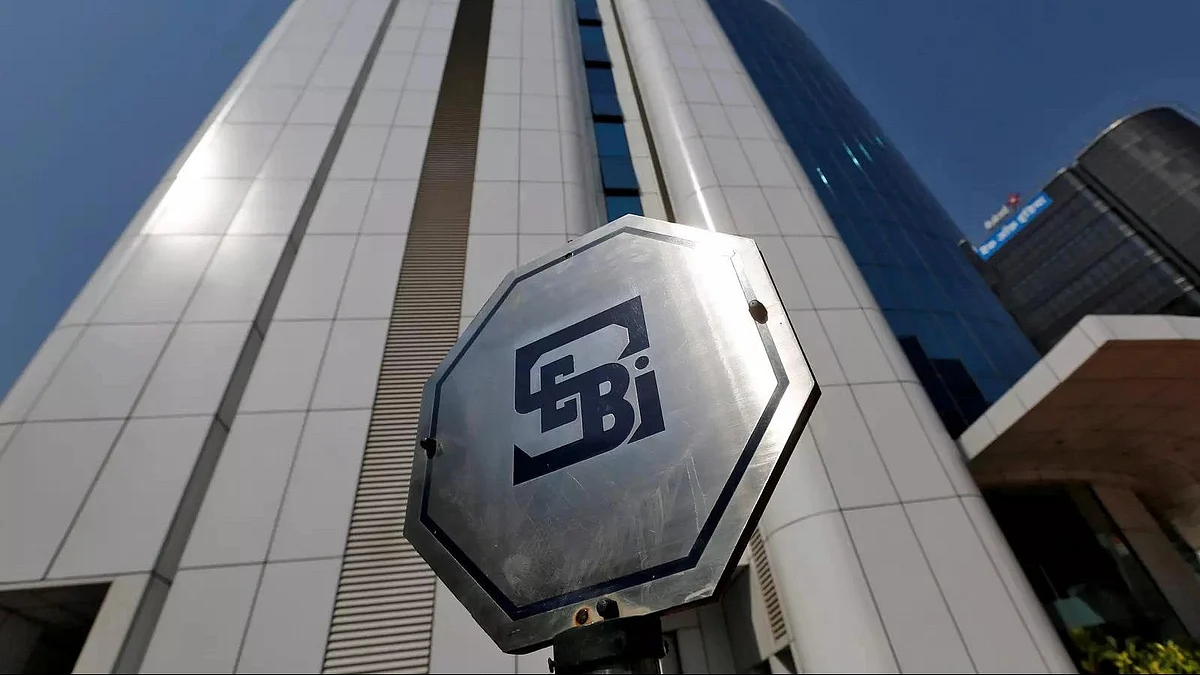Hyperactivity instead of taking action: Jairam Ramesh on SEBI–Adani case
The regulatory body is struggling to maintain its credibility, with a new Hindenburg report claiming its chairperson and her husband have their hands in Adani's pocket

SEBI, once regarded as a pillar of integrity in regulating India’s financial markets, is now firmly at the centre of a controversy that threatens to erode its credibility irrevocably.
Allegations brought forth by US-based short seller Hindenburg Research have raised serious concerns about potential conflicts of interest on the part of SEBI chairperson Madhabi Buch, sparking renewed demands for a thorough investigation into the regulator’s handling of the Adani Group’s financial transactions.
Hindenburg allegations: A conflict of interest?
Hindenburg Research, known for its critical reports on large corporations, recently accused SEBI chairperson Madhabi Buch and her husband of having stakes in offshore funds linked to the Adani Group. These funds, based in Bermuda and Mauritius, are allegedly tied to the Adani money siphoning scandal.
The allegations suggest that Buch's investments overlap with those of key figures associated with the Adani Group, including Vinod Adani and his associates Chang Chung-Ling and Nasser Ali Shaban Ahli.
This revelation has raised questions about the impartiality of SEBI's ongoing investigation into the Adani Group. The allegations have cast a shadow over the regulator's ability to conduct an unbiased inquiry, given that the chairperson herself may have financial ties to the entities under investigation.
Congress demands JPC probe
Congress general secretary Jairam Ramesh has been at the forefront of those criticising SEBI's handling of the Adani investigation. In a strongly worded statement, Ramesh accused SEBI of projecting an image of hyperactivity rather than taking substantive action.
He pointed to SEBI's recent statement — which detailed the issuance of 100 summons, the dispatch of 1,100 letters and emails and the examination of 12,000 pages of documents — as a means to divert attention from more critical issues.
Ramesh reiterated the Opposition's demand for a joint parliamentary committee (JPC) probe into the matter, emphasising that the ongoing investigation lacks transparency and urgency.
He argued that SEBI’s delayed investigation has conveniently allowed Prime Minister Narendra Modi to avoid addressing his alleged role in facilitating his close associate's questionable financial activities during the general election.
Supreme Court's directive and SEBI's delayed response
Adding to the controversy is SEBI's delayed response to a directive from the Supreme Court. On 3 March 2023, the Court had ordered SEBI to "expeditiously conclude the investigation" into allegations of stock manipulation and accounting fraud against the Adani Group within two months.
However, over 18 months later, SEBI has revealed that a critical investigation, likely concerning Adani's compliance with Rule 19A on minimum public shareholding, remains incomplete.
Ramesh highlighted this delay as a significant failure on SEBI's part, suggesting that the regulator's inability to close key investigations has undermined public trust and benefitted the Adani Group.
He also said that SEBI's slow pace stands in stark contrast to the swift actions typically taken by the Prime Minister's investigative agencies against opposition leaders.
Allegations of compromise
The most damning aspect of the controversy revolves around the perceived compromise of SEBI's integrity. Ramesh asserted that SEBI, once seen as a global standard-bearer for financial regulation, is now under intense scrutiny.
The Rajya Sabha MP also questioned whether the SEBI chairperson's involvement in the Adani-related offshore funds had compromised the regulator's independence and whether this conflict of interest explains the prolonged investigation.
Ramesh called for the Supreme Court to consider transferring the investigation to the CBI (Central Bureau of Investigation) or a Special Investigation Team (SIT) to ensure impartiality. He also demanded the resignation of the SEBI chairperson, arguing that her continued presence undermines the credibility of SEBI as an institution.
"The notion that SEBI can maintain its integrity while its chairperson is embroiled in a conflict of interest is untenable," Ramesh said. "At a minimum, the SEBI chairperson must resign to restore SEBI's integrity."
Implications for SEBI's future
The controversy surrounding SEBI’s investigation into the Adani Group, coupled with the allegations against its chairperson, has cast a long shadow over the regulator's future. As the investigation drags on, questions about SEBI's ability to function as an impartial and effective steward of India’s financial markets continue to mount.
For SEBI, the stakes have never been higher. Its reputation as a fair and transparent regulator is at risk, and the outcome of this investigation could have far-reaching implications for the trust that investors, both domestic and international, place in India’s financial regulatory framework.
As the calls for a JPC probe grow louder and the Supreme Court considers potential action, SEBI's leadership faces an uphill battle to restore the regulator’s tarnished image. The integrity of the entirety of India’s financial markets may well depend on how this controversy is resolved in the coming months.
Follow us on: Facebook, Twitter, Google News, Instagram
Join our official telegram channel (@nationalherald) and stay updated with the latest headlines
